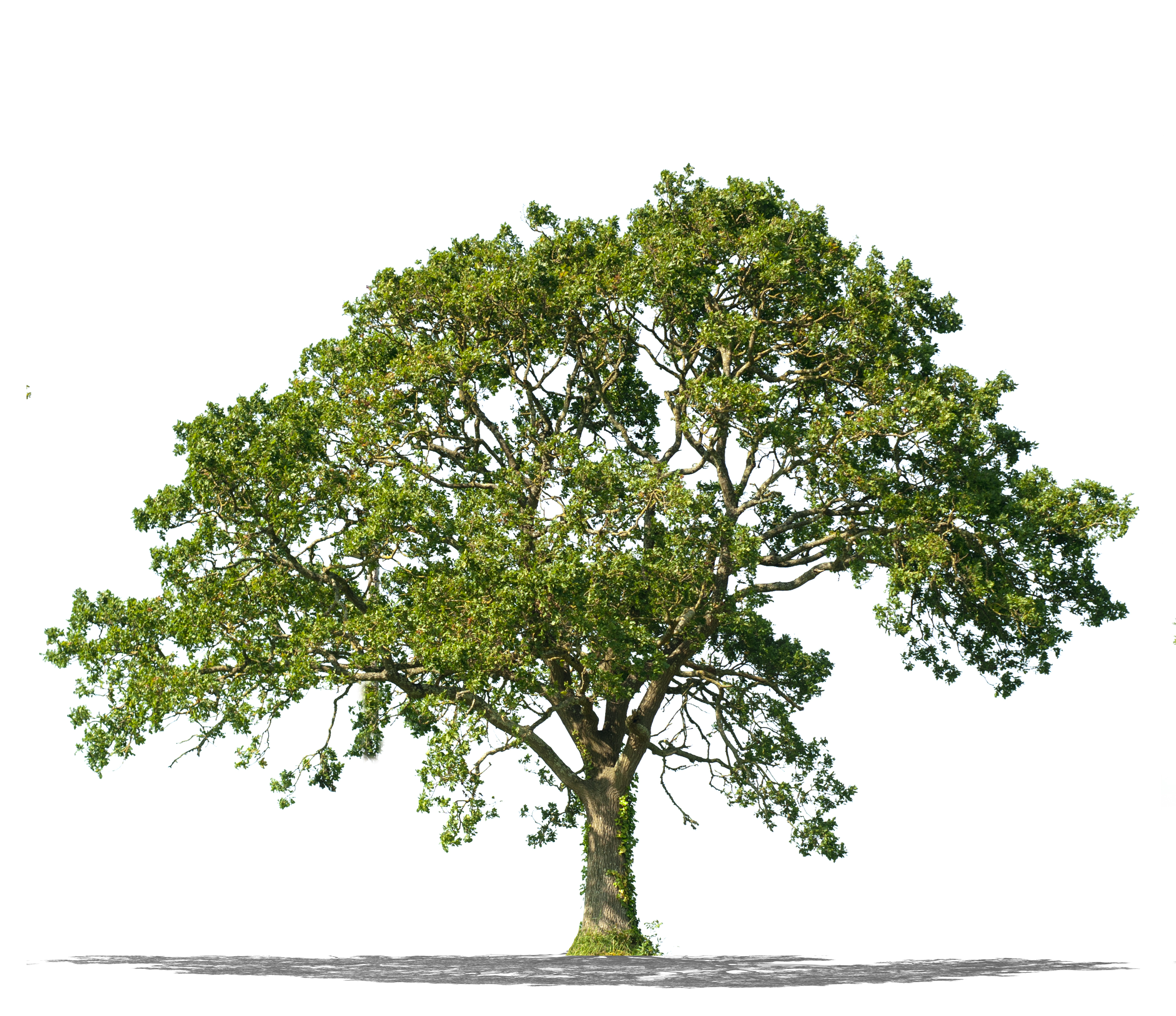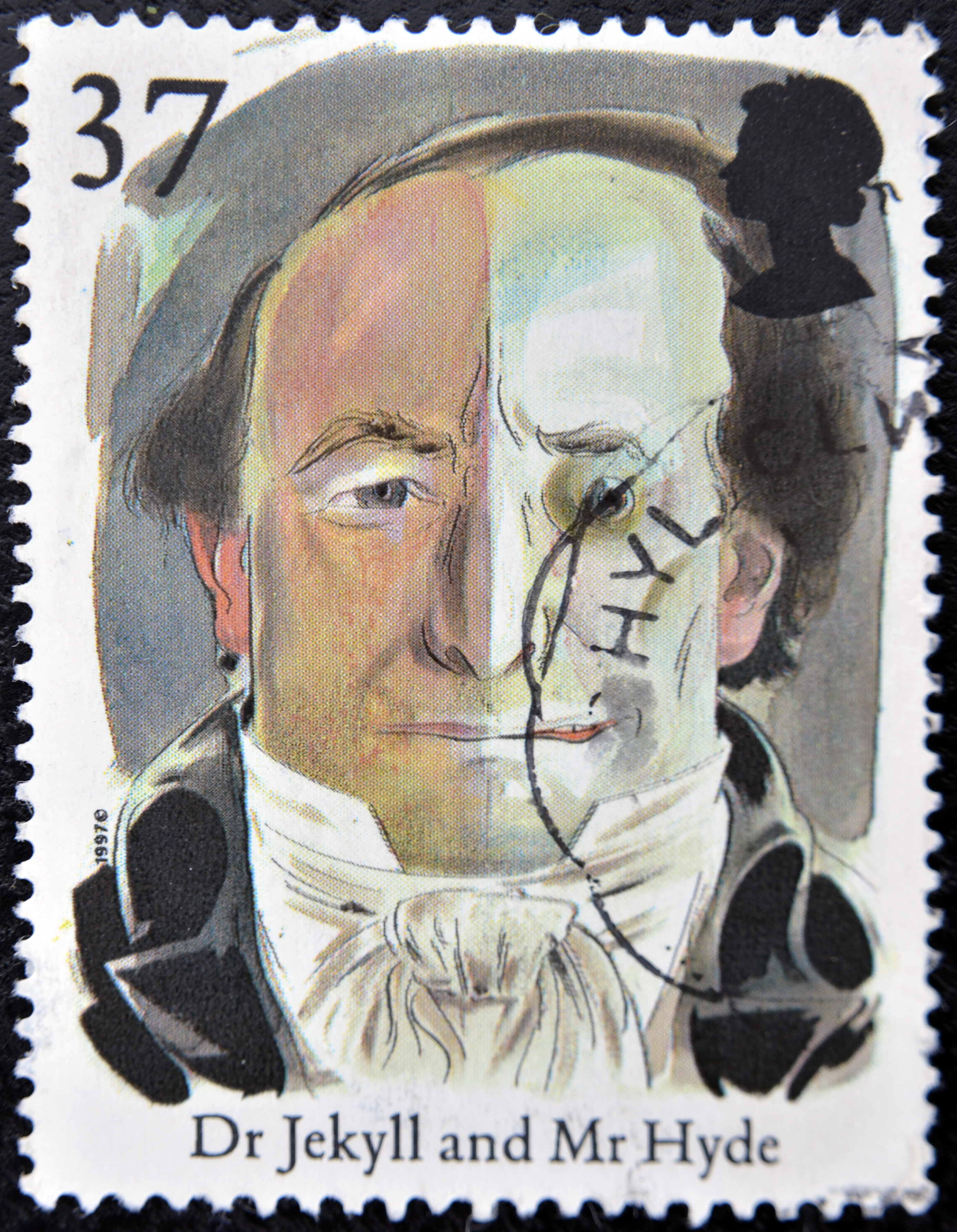Sin And Sins

Although there is a close connection between sin and sins, they are different things. Both are mentioned in Rom. 5:12, "By one man sin entered into the world and death by sin; and so death passed upon all men for that all have sinned."
Sin entered the world at the fall of Adam. Just as a snake's poison will run through the whole body from only one bite and do its deadly work, sin - the poison of that serpent, the devil - has permeated and ruined man's moral nature. As a result, all have sinned. Thus sins of omission or commission in thought, word or act, are chargeable to each of us. Sin, then, is the root principle or nature, whereas sins are the evil fruits from that evil tree.
We find out what sin is in 1 Jn. 3:4, "Whosoever commits sin practices lawlessness for sin is lawlessness" (Revised Version) The King James Version (KJV) incorrectly uses the term "transgression of the law" for "lawlessness," but there is a big difference between the two. There can be no transgression of a law unless there is a clear-cut law to disobey and there was no written law from Adam to Moses. Hence, there was no transgression and sin wasn't imputed. Yet sin was there as well as death, sin's penalty (Rom. 5:13-14). On the other hand, lawlessness is simply the refusal of all rule, the throwing off of divine restraint, the defiance of God's will. Thus Adam began on a course of sin when he ate the forbidden fruit.
Instead of being a master, man is now mastered by the evil thing to which he has yielded himself. Sin has dominion over him and constantly causes sins to be committed. Sin exerts such a deadening influence on the conscience that sinners are completely unconscious of their terribly dangerous position apart from the grace of God.
When God's grace does act and the Holy Spirit works in life-giving power in a soul, the first cry of that soul is of need and pain. His past sins burden his conscience and the burden does not end until the value of the precious blood of Christ is known and the person can say, "My sins are forgiven!"
Then, usually at some later time, the question of sin is raised with the new believer. We discover that although our sins are forgiven, the root principle (sin) from which the sins come is still in us. What is to be done with sin?
It's important to realize that sin is the root of our problems. We often get so occupied with the fruit (sins) that we forget to consider the root. A young man complained to an older Christian that, in spite of all his prayers and efforts, he was still constantly sinning. "On what trees do apples grow?" was the only answer he got. "Why, on an apple tree," said the astonished youth. The question seemed so irrelevant. "And on what trees do plums grow," was the next question. The youth answered, "On a plum tree." The older believer then asked, "On what tree do sins grow?" The youth smiled and answered, "On a sin tree." He then understood that the sins we Christians commit are not little isolated bits of evil inserted somehow into our lives by Satan. These sins come out as fruit of sin which is within us. "If we say that we have no sin. We deceive ourselves and the truth is not in us" (1 Jn. 1:8).
The only remedy for sin is death! Death (or the resurrection-change, 1 Cor. 15:51-53, if Jesus comes before we die) will end sin for us. The last trace will then be gone. We happily anticipate that time!
Do we as joyfully look back to the time when the death of Jesus, the great Remedy, came in? Rom. 6:10 says, "In that He died, He died unto sins once but in that He lives, He lives unto God." He died for our sins, atoning for them but He also died to sin. Therefore, as taught by the Holy Spirit, we recognize by faith that we are identified with our great Representative: His death is ours. We, too, then, are "dead to sin" and we can no longer constantly live in sin (Rom. 6:2). Thus, we reckon (consider, count) ourselves "to be dead indeed unto sin but alive unto God through Jesus Christ our Lord" (Rom. 6:11).
Notice that the sin to which Jesus died was purely an external thing to Himself. "In Him is no sin" (1 Jn. 3:5). Our sin is both external and internal. Also, the death of Christ was not only our death to sin, but it was the total condemnation of the sin to which we died. Rom. 8:3 says, "God sending His own Son in the likeness of sinful flesh and (by a sacrifice) for sin, condemned sin in the flesh." At the cross, sin in its full hideousness, was revealed because lawlessness reached its maximum there, and in that holy sacrifice its judgment was borne and its condemnation expressed.
Thus sins have been borne and their judgment exhausted. Sin has been exposed and condemned and we have died to it in the death of Christ. The cross was all this and more!
In Jn. 1:29 and Rom. 8:3, we read of "the sin of the world" and of "sin in the flesh," The first expression is very comprehensive, sin (the root) and every offshoot of sin in the world is to be taken away by the Lamb of God. He will do it as seen in Rev. 19-21 on the basis of the cross. The second expression, "sin in the flesh," is something different. Sin (the root) is always the same, but the "flesh" - the old, fallen nature of the children of Adam - is the great vehicle in which it lives and works to produce sins in all individuals.
Imagine a great electrical power network in a city with all the wires without insulation. Fear, shock and death would be everywhere. Sin is like the subtle electric current making its influence felt in every direction. The flesh is like the generator plus the wires - the seat of the electricity plus the means through which it acts. Sins are like the individual shocks which result in death. The sin of the world is like the whole power network. But the cross will destroy the whole thing.
We do not find "forgiveness of sin" (the root) in the Bible. We do find forgiveness of sins and of a sin. Let's illustrate this. A mother has a son who is rapidly developing a terrible temper. One day, he tries to force his sister to look at something outside the house when she is more interested in playing with her dolls. In the struggle, he brings her head with a crash against the window and her head is cut by the broken glass. His mother sends him to his room and when Dad returns, the son is very properly punished. By evening, the punishment has had its desired effect. He comes in tears to his parents and confesses his wrong. They forgive the angry act but do they forgive the evil temper from which it sprang? No! If they did, it would be to condone it. Rather, they strongly condemn it and lovingly but firmly show the son its evil nature and consequences, and they seek to lead him to hate and condemn it as much as they do.
"God ... condemned sin in the flesh" (Rom. 8:3). He did not condone or forgive it. Now, the work of the Holy Spirit in us leads us to condemn it just as God has condemned it, so that we may know deliverance from its power.
This does not mean that believers won't sin. Condemnation is not elimination. Sin is still in us (1 Jn. 1:8). The Bible supposes that the believer may sin, because it gives the divine provision for such a case (1 Jn. 2:1). It even tells us that we all do sin (Jas. 3:2).
God has left sin and the flesh (old nature) in believers so that they can learn their true nature, can experimentally come into line with God's condemnation of them at the cross, and can find life and deliverance in another. He then can personally thank God, through Jesus Christ, that he is delivered (Rom. 7:24-25).
1 Jn. 3:9 is often thought to conflict with the above because it says in the KJV, "whosoever is born of God does not commit sin." This verse states the nature of one born of God. He does not practice sin - the correct translation of commit. It is not his nature to practice sin. The apostle John here views believers in their nature as born of God without reference to any abnormal, qualifying features that may occur in the wear-and-tear of life.
What is the effect on a Christian when he sins? It has nothing to do with his safety, because the cross of Christ is the ground of our safety. There, sin was condemned and atonement made so that we are eternally forgiven when we believe. This forgiveness is the gift of divine grace and "the gifts and calling of God are without repentance" (Rom. 11:29) - they are not subject to a change-of-mind on God's part. However, sins after salvation do reduce the Christian's happiness and remove the joy of both our forgiveness and our relationship with God until in self-judgment such sins are confessed. Then, through the advocacy of Christ, we get the Father's forgiveness (1 Jn. 1:9-2:1). We all have to learn painful but profitable lessons in this way and thus discover the true nature of the flesh within us, and that the only way to keep from gratifying its desires is to "walk in the Spirit" (Gal. 5:16).
In closing, let's look a little more at what the Lord Jesus did on the cross in relation to sin. Did He bear the sins of everybody? The Bible says that "He died for all" (2 Cor. 5:15), that He "gave Himself a ransom for all" (1Tim. 2:6), and that "He is the propitiation for our sins and not for ours only, but also for (the sins of) the whole world" (1 Jn. 2:2). These verses show the Godward aspect of His work. All are included in its intention. Propitiation (God being satisfied) has been made on behalf of everyone in the whole world.
When we come to the actual results of His work instead of its intention, things are put differently. We can not say that He bore the sins of everybody because Scripture says, "Who His own self bore our (believer's) sins" (1 Pet. 2:24) and that "Christ was once offered to bear the sins of many" (Heb. 9:28). Thank God that we are part of the many!





